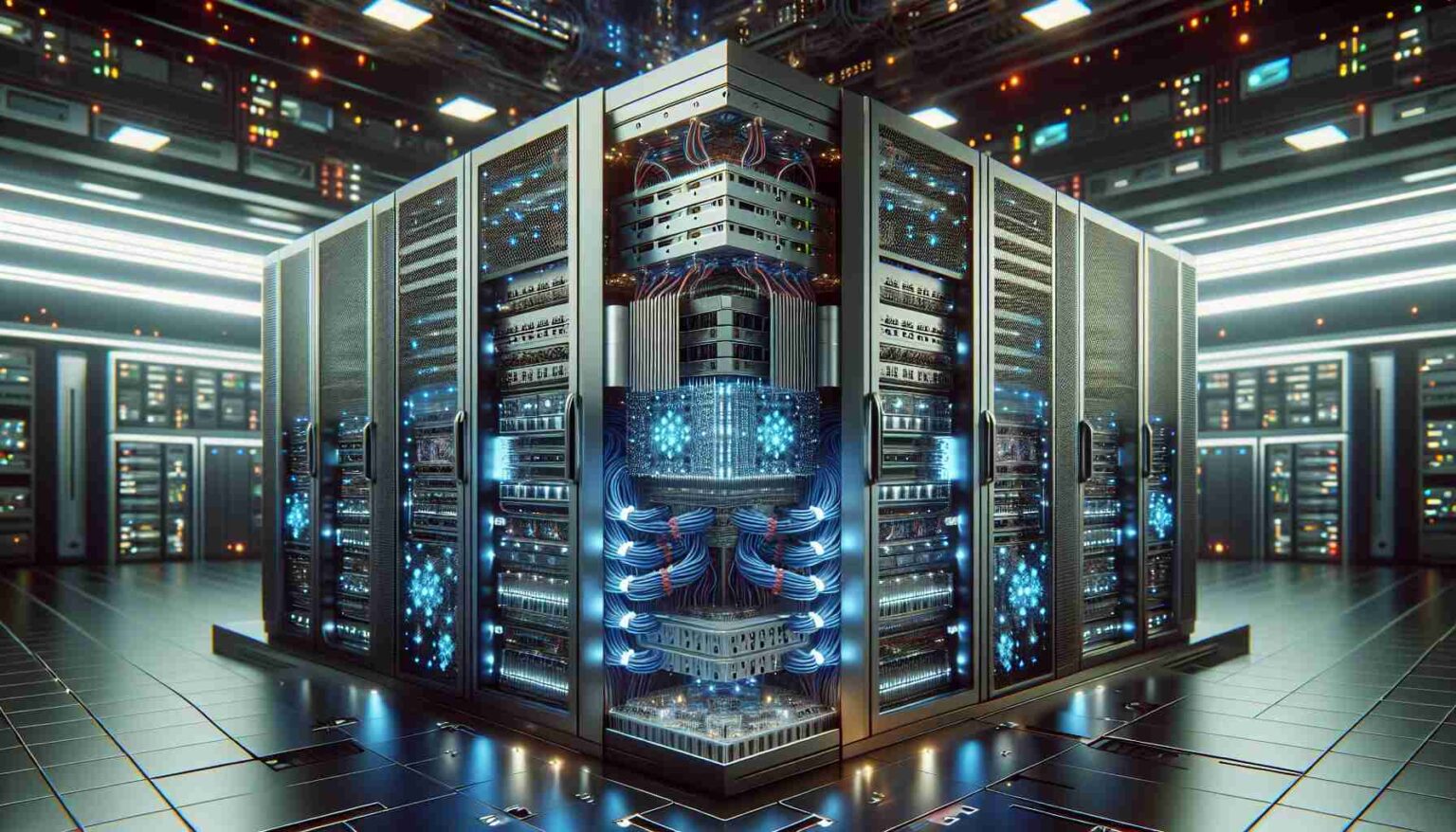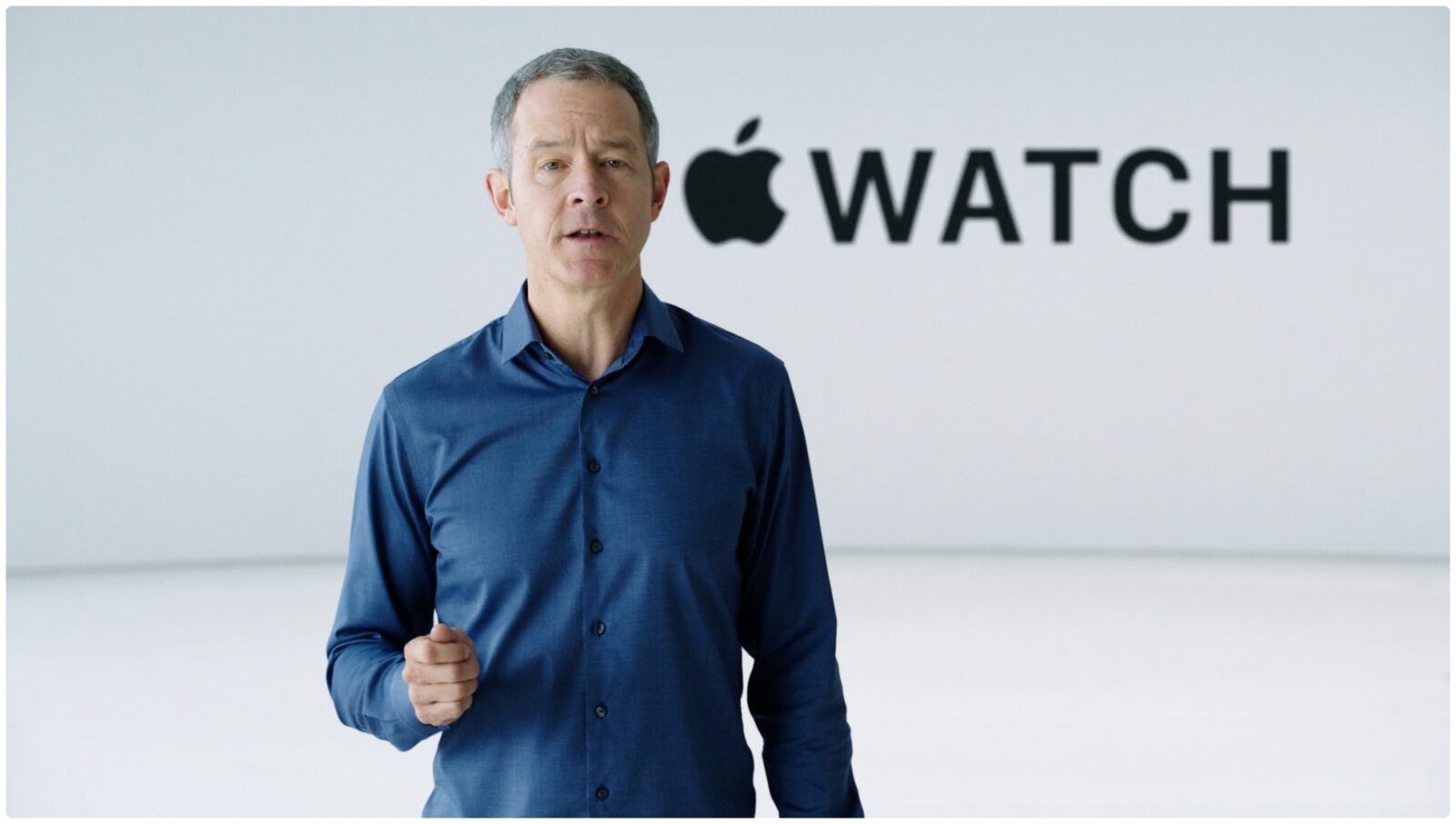In a move that underscores the accelerating pace of AI development, Elon Musk’s xAI has announced the launch of a massive new supercomputer in Memphis, Tennessee. This powerful machine, reportedly harnessing the computing might of 100,000 Nvidia GPUs, was assembled in a remarkably short timeframe of just four months.
The project, first hinted at back in June, went online on Monday, with Musk taking to social media to share the news. He described the speed of the project’s completion as “start to finish, it was done in 122 days.”
The supercomputer, dubbed “Colossus,” relies on 100,000 of Nvidia’s highly sought-after H100 GPUs. These GPUs are the backbone of many cutting-edge AI training endeavors around the world. With each H100 carrying a price tag of around $30,000, it’s clear that xAI has made a substantial investment, likely in the billions, to build this supercomputer.The facility will also require considerable resources in terms of electricity and cooling.
And Colossus is set to grow even larger. Musk has indicated plans to double its capacity to a staggering 200,000 GPUs in the coming months, with the addition of 50,000 of Nvidia’s latest H200 GPUs.
This ambitious project is designed to fuel xAI’s AI research and development efforts. The company, founded by Musk, is focused on creating generative AI technologies, including the controversial chatbot, Grok. By harnessing the power of hundreds of thousands of GPUs, xAI aims to accelerate the training of Grok and other AI models, pushing the boundaries of what’s possible in the field.
While the exact ranking of supercomputers in terms of raw power is complex, Colossus undoubtedly represents a significant leap forward in AI infrastructure. It highlights the rapid pace at which companies are investing in the hardware needed to train increasingly sophisticated AI models.
However, the launch of Colossus has also sparked some local concerns. There are worries about the potential impact on Memphis’s environment, water supplies, and power grid. One community group has even called for an investigation into the potential for air pollution from the facility’s turbines. City officials, however, have stated that xAI is committed to helping improve the local infrastructure to support the supercomputer.





